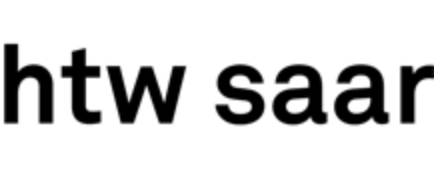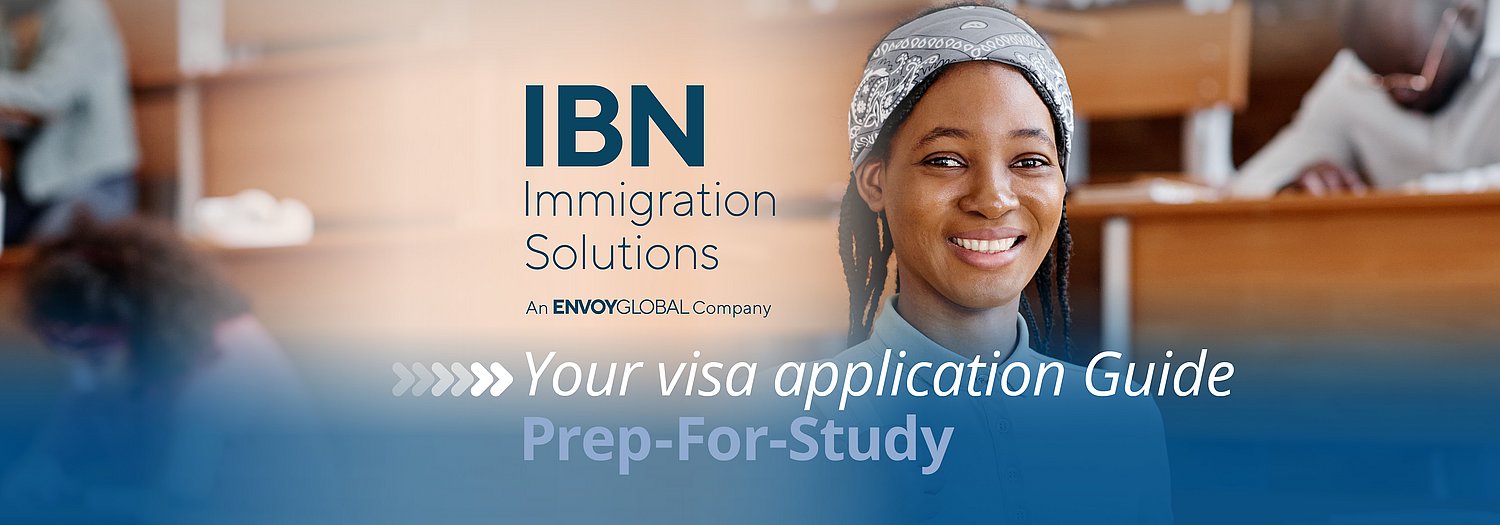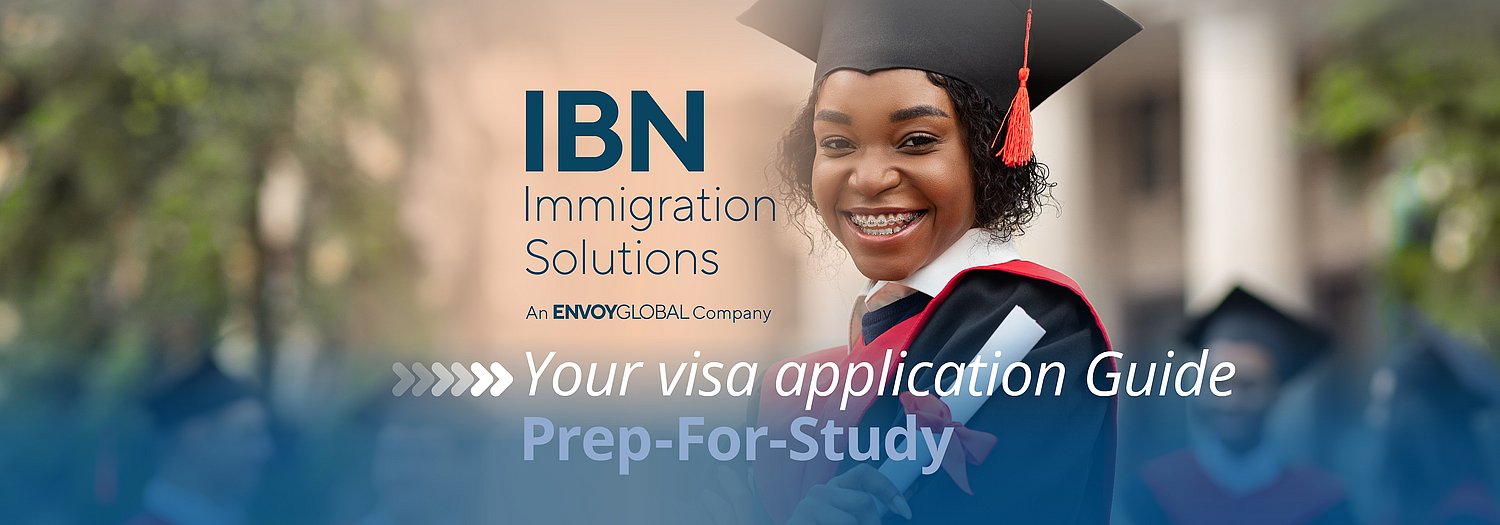A visa application Guide by IBN Immigration Solutions

What Is the German Study Visa?
The German Study Visa is a long-stay national visa (Type D) that allows non-EU nationals to study at a recognised German institution. Whether you’re enrolled in a university or pursuing vocational training, the visa provides legal entry and residence in Germany for the duration of your studies. Students can also work part-time, up to 140 full days or 280 half days per year, allowing them to gain valuable experience while studying.
Types of Study Visas
Germany offers two main visa categories for students.
The University Study Visa: It is designed for those accepted at a recognised higher education institution, including universities and universities of applied sciences. This article is based on the University Study Visa.
The Vocational Training Visa: It is suited for applicants joining either a school-based or company-based training program.
While the requirements vary slightly, both pathways lead to qualifications that are recognised across Europe and respected globally.
Eligibility Criteria
To qualify for a German Study Visa, applicants must meet several requirements. The first is proof of admission, an official acceptance letter from a recognised university or vocational institution. Next, applicants must demonstrate language proficiency in either German (typically levels B1–C1) or English, depending on the language of instruction.
This is occasionally done rough recognised tests such as TOEFL or IELTS. Generally, it is left to the university to confirm whether the applicant meets the language requirements for their chosen course of studies, no specific test needs to be submitted.
Financial proof is another essential component. As of 2025, students must demonstrate access to at least €11 904 per year (€ 992 per month), or typically proven through a blocked account. For those applying under the vocational training route, the income received for the vocational training will count as financial proof and further proof only needs to be submitted, if that income does not meet the required amount.
Financial Proof: The Blocked Account
The blocked account is one of the most essential parts of the visa application. It demonstrates that you have sufficient funds to` support yourself in Germany. Students are permitted to withdraw only €992 per month from the blocked account. In some cases, a formal declaration of commitment from a sponsor residing in Germany may replace the need for a blocked account.
And here you can find information about blocked accounts in this video: https://youtu.be/tzQwTKzrhGQ
Required Documents
A successful visa application depends on thorough preparation.
- Applicants must submit a completed Type D visa application form.
- A valid passport issued within the last 10 years.
- Two biometric passport photographs that meet ICAO standards.
- Additional required items include the letter of admission from a recognised institution.
- Proof of financial means.
- Proof of travel insurance for the first 90 days. Student health insurance can be obtained once in Germany. In many cases, the blocked account offers a combined package including health insurance cover.
- Educational certificates (if applicable, with regards to prior education)
- Academic transcripts, if applicable
- A detailed CV.
- A motivation letter outlining your goals and proof of accommodation in Germany must also be included.
- Depending on your personal circumstances, the embassy or consulate may request additional documents.
Processing Time and Costs
Obtaining your visa approval takes time, so it’s fundamental that you plan well in advance. The German study visa typically takes 4 weeks to process, depending on the embassy and the time of year. During busy periods, such as before the start of academic semesters, it can take even longer, sometimes up to 3 months.
To avoid any last-minute stress, it’s best to apply at least three months before the start of your studies. This gives you enough time to gather documents, attend your appointment, and make travel arrangements once your visa is approved.
Once you have travelled to Germany, you will be required to register your residence at the local townhall within the first two weeks of moving into your long-term accommodation.
Depending on your duration of studies, you may need to further apply for a residence permit at the relevant immigration office. Typically, if your duration of studies is for 12 months or less, the study visa can be issued for the full duration of your studies. If your studies will be longer than 12 months, you would generally receive a 3-month entry visa and apply for the residence permit for the extended duration.
German Study Visa Fees
The German Study Visa (Type D) application fee is €75. These fees must be paid when submitting your visa application at the embassy or consulate.
Residence Permit Fees
Depending on the duration of your studies, you’ll need to apply for a residence permit to stay for the full duration of your studies. The fees for this residence permit are usually around €100.
Additional Expenses
While these are the official government fees, remember that there are additional costs to plan for, such as opening a blocked account, obtaining health insurance, and obtaining biometric photographs.
Taking time to understand these expenses early ensures you’re financially prepared for your study journey in Germany, helping you settle in smoothly once your visa is approved.
Step-by-Step Application Process
The process begins with securing admission to a recognised university. Once you’ve received your acceptance letter, prepare all required documents, ensuring translations and copies are complete.
Next, book your visa appointment at the German embassy or consulate in South Africa. Appointment slots can fill up quickly, especially before the start of academic semesters. During your appointment, submit your application, provide biometrics, pay the fee and answer questions about your study plans.
Once your visa is approved and you’ve arrived in Germany, you must register your local address within two weeks at the Einwohnermeldeamt (local town hall). This registration is mandatory for all students and is required before applying for your residence permit.
After registering your address, the next step is to apply for your residence permit (Aufenthaltserlaubnis) at the local Ausländerbehörde (Foreigners’ Authority). You’ll need to bring your passport, biometric photo, proof of financial means, health insurance, proof of accommodation and your admission letter.
Once approved, you’ll receive your electronic residence card (EAT), which confirms your legal student status in Germany and allows you to work within the permitted limits.
In closing…
The German Study Visa is more than just a travel document; it’s a gateway to one of the most rewarding academic and cultural experiences in the world. For South Africans, it opens doors to globally recognised qualifications, a vibrant international community and the opportunity to build valuable professional connections in Europe.
While the process may seem detailed, preparation is the key to success. Begin your application early, ensure all documents are correctly translated and verified and maintain clear communication with the German Embassy or Consulate. Once in Germany, you’ll not only gain access to high-quality education but also to a lifestyle defined by innovation, efficiency, and opportunity.
Written by Hannah Mminele, South African Branch and Immigration Manager



